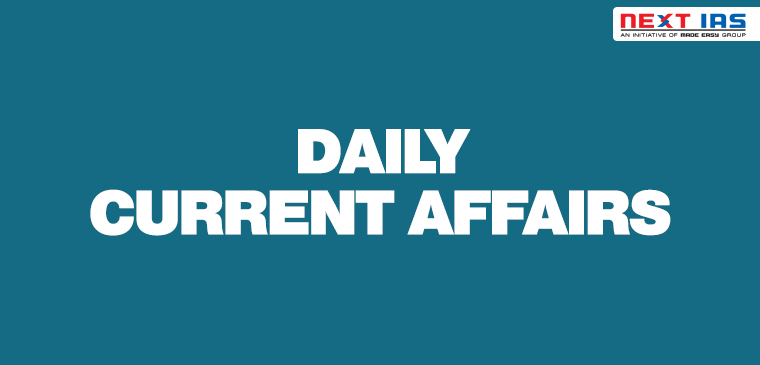
In News
Recently, The Securities and Exchange Board of India (SEBI) proposed a framework for setting up a Spot Gold Exchange.
- The proposal was first announced by the finance minister in the Union Budget this year 2021.
|
What is the Spot Exchange?
|
Proposed Framework
- The instrument to be traded on the bourse can be termed as an ‘Electronic Gold Receipt’ (EGR) and the entire transaction mechanism can be divided into three tranches.
- In the first tranche, an entity desirous of delivering gold, locally manufactured or imported, on the exchange platform would have to approach a SEBI regulated vault manager and deposit physical gold meeting quality and quantity parameters with it.
- In the second tranche, the vault manager will issue an EGR, which will be tradeable on the exchanges.
- In the third tranche, a beneficial owner will surrender the EGR to a vault manager and take delivery of the gold.
- In this regard, a common interface between the vault managers, depositories, stock exchanges and clearing corporations has been suggested.
- The proposed denominations – reflecting underlying physical gold – of EGRs are 1 kilogram, 100 gram, 50 gram and subject to conditions, those can also be even for 5 and 10 gram.
- Sebi has sought comments on allowing trading in quantities as low as 5 grammes, permitting multiple spot exchanges, incentivising trading on the exchange platform, and having a single gold price across the country with transportation cost adjusted as premium or discounted from traded price.
- STT (Security Transaction Tax) will be levied on the trading of the EGR and IGST (Integrated Goods and Services Tax) at the time of delivery.
Issues Raised By SEBI
- This includes fungibility and interoperability between vault managers.
- Fungibility means gold deposited under, say, EGR 1 can be delivered against surrender of EGR 2 meeting the same contract specifications.
- Interoperability means gold deposited at one location and with one vault manager can be withdrawn from a different location of the same or different vault manager, subject to availability of the physical gold. This will reduce the cost for buyers.
Need And Objectives
- The proposed gold exchange is extremely necessary to create a vibrant gold ecosystem in India.
- With an annual gold demand of approximately 900 tonnes, India holds an important position in the global gold market.
- Despite being second only to China in consumption of gold, India remains a price taker in the global market and at present, the country does not play any significant role in influencing the global price setting for the commodity.
- The objective behind setting up gold exchanges is for India to become a price setter rather than a price taker and to establish an India good delivery standard, akin to London Bullion Market Association (LBMA) accredited gold bars.
- The gold bars have to be BIS or LBMA accredited.
- Setting up a new stock spot gold exchange has advantages such as single good delivery standard, reduced market fragmentation, improved liquidity, single reference price etc.
- It would lead to efficient and transparent domestic spot price discovery, assurance in the quality of gold.
- It would help in the promotion of Indian good delivery standards with active retail participation, greater integration with financial markets and augment gold recycling in the country.
|
Securities and Exchange Board of India (SEBI)
Bourse
Securities Transaction Tax (STT)
Integrated Goods and Services Tax(IGST)
|
Previous article
Rising Unemployment and Lack of Demand in India
Next article
Facts in News


